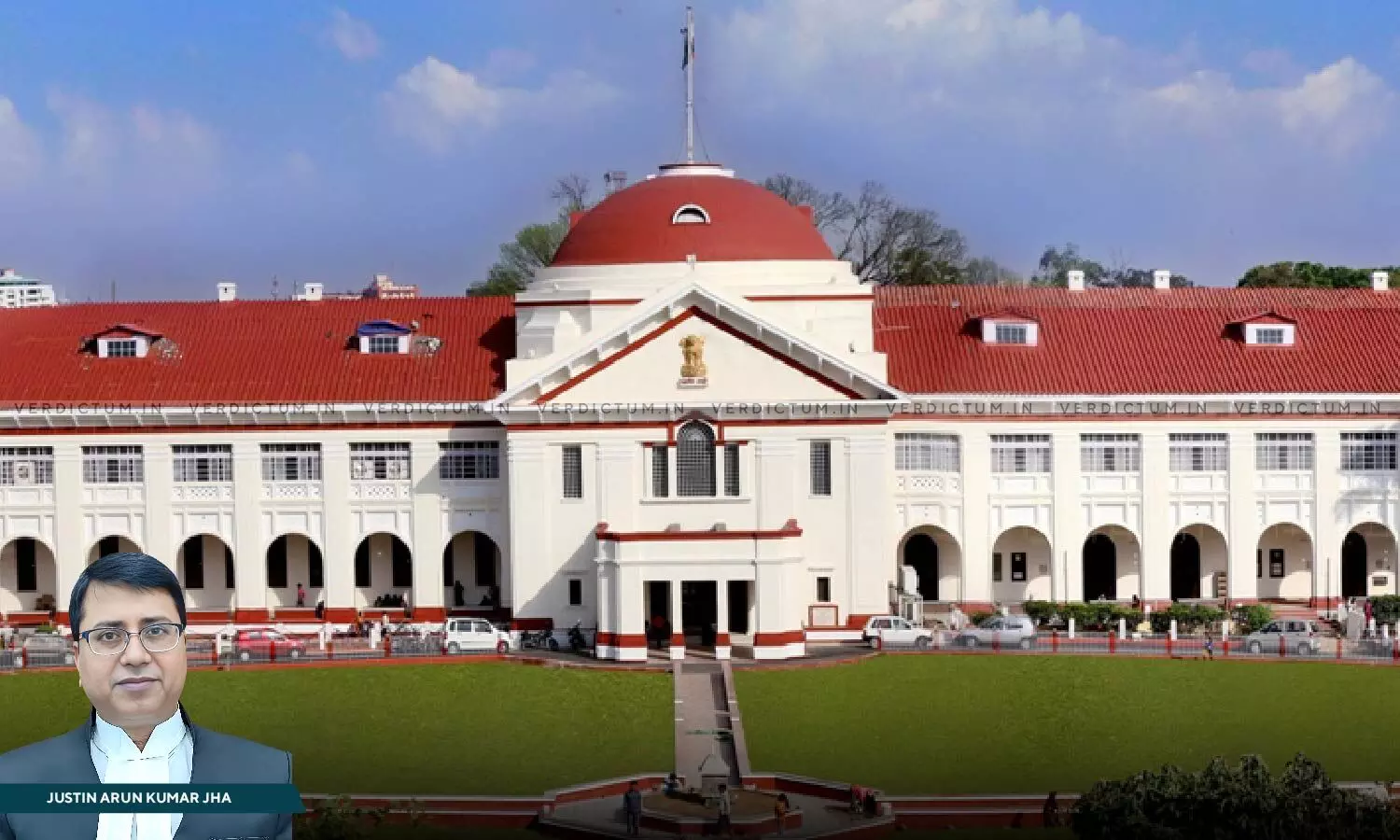
Written Statement Amendment Can Be Allowed At Any Stage Of Proceedings As Necessary For Determining Real Questions In Controversy Between Parties: Patna HC Reiterates
 |
|The Patna High Court has observed that the amendment of written statements can be allowed at any stage of proceedings as may be necessary for determining the real questions in controversy between the parties.
In that context, the Bench of Justice Arun Kumar Jha observed that, "I fail to understand how the aforesaid amendment is going to cause prejudice to the plaintiffs/respondents. Moreover, if the amendment is not allowed, two sets of pleadings, which are contradictory to each other, would come on record and cause unnecessary confusion and will cause hindrance in just and proper disposal of the dispute before the learned lower court. Moreover, it cannot be said to be withdrawal of admission because what has been stated in the additional written statement was with regard to certain issues involving succession and ownership rights of a female Hindu. It cannot be considered admission and the defendant is within his rights to withdraw the same."
With that background, it was observed that, "the plain language of Order VI Rule 17 shows amendment can be allowed at any stage as may be necessary for determining the real questions in controversy between the parties."
Counsel Patanjali Rishi appeared for the petitioner, while Counsel Arbind Nath Pandey appeared for the respondents.
The petition challenged an order which partially allowed the amendment of the written statement, additional written statement, and counterclaim.
The case involved a partition suit between the petitioner and respondent no.1, who were full brothers, with respondent nos. 2 and 3 being the sons of respondent no.1. The petitioner sought amendments to rectify inadvertent mistakes in the pleadings, specifically regarding the ownership of certain properties.
The impugned order allowed some amendments but refused others, leading to the petitioner's appeal. The petitioner sought to delete a portion of paragraph no. 3 of his written statement.
The question before the Court was whether the proposed amendment seeking deletion of a major portion of the written statement could be said to be withdrawal of the statement and whether it would prejudicially affect the other side.
The Court found merit in the submission that what was sought to be deleted concerned a point of law and should not have been part of the pleadings to begin with.
Hence, it was held that the proposed amendment needed to be allowed, and the amendment petition was allowed in its entirety subject to the payment of cost of Rs. 50,000/-.
Cause Title: Yogendra Bahadur Singh vs Surendra Bahadur Singh & Ors.
Click here to read/download the Judgment